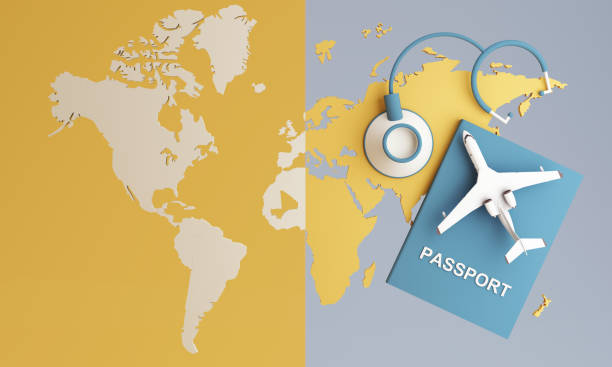Introduction
Medical tourism is a rapidly growing sector of the health care industry, offering a variety of medical treatments and services to individuals around the world. One of the more recent trends within medical tourism is addiction treatment. This type of healthcare leverages the quality, affordability, and convenience available in foreign countries, making it easier for those struggling with addiction to access the care they need and recover from their illness. In this article, we’ll discuss how addiction treatment within the medical tourism sector works and how it can be a beneficial option for those seeking effective life-saving care.
What is Medical Tourism for Addiction Treatment?
Medical tourism for addiction treatment is the practice of traveling abroad to receive treatment, typically in a country known for its higher quality and lower costs regarding healthcare. This type of treatment typically combines traditional psychotherapy, detoxification, and recovery services with the convenience of being able to stay in a foreign country while receiving care. There is a wide range of benefits associated with medical tourism for addiction treatment, including more affordability, greater privacy, and increased access to top-notch care.
The Benefits of Medical Tourism for Addiction Treatment
One of the main benefits of medical tourism for addiction treatment is accessibility to quality care. In many cases, individuals suffering from addiction may have limited access to the types of treatments needed due to long wait times and costly expenses. With medical tourism for addiction treatment, individuals can receive the same treatment, the same expertise, and the same quality of care, often at a fraction of the cost.
Medical tourism for addiction treatment also offers privacy. The stigma surrounding addiction can often be overwhelming, and having an overseas location to receive treatment for addiction can provide individuals with the privacy they need while in treatment. This privacy and anonymity can help individuals to heal while avoiding judgments from family, friends, and the public.
Another important benefit of medical tourism for addiction treatment is that it is staffed by highly qualified clinicians who are experienced in treating addiction. Many of these treatment centers have access to a variety of treatment modalities, allowing individuals to tailor their treatment to their needs in order to achieve the best possible outcome. Additionally, medical tourism centers are designed with the patient’s comfort in mind so individuals can feel at ease while receiving treatment.
Lastly, medical tourism for addiction treatment provides individuals with access to top-notch aftercare programs. This can include classes on relapse prevention, counseling, and support groups. Aftercare programs are often designed to help individuals stay on track and maintain their sobriety after they return home.
Conclusion
Medical tourism for addiction treatment is a growing sector of the healthcare industry, and for good reason. With access to quality care, privacy, and a variety of treatment and aftercare options, individuals can receive the help they need to overcome their addiction in a comfortable and convenient manner. Ultimately, medical tourism for addiction treatment can be a viable and beneficial option for those seeking life-saving care.
